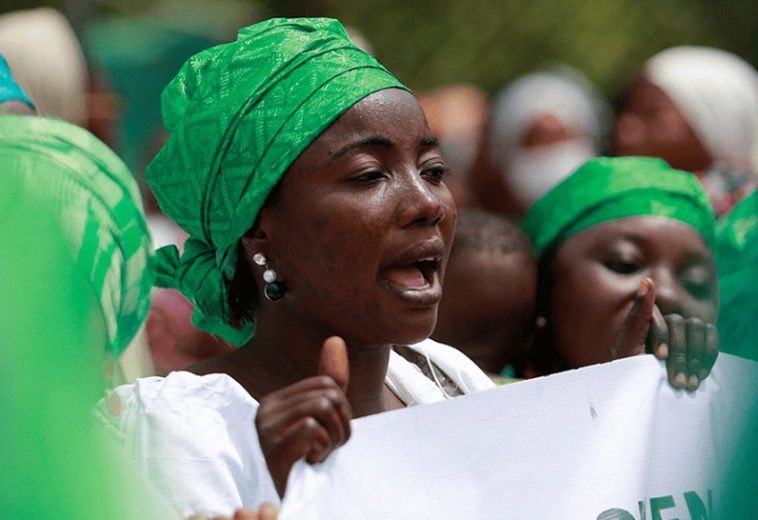A transformative shift is occurring in the African healthcare system, with telemedicine and digital health solutions playing a crucial role in bridging gaps in medical access. This evolution is driven by the continent’s significant disease burden, infrastructural challenges, and a shortage of healthcare professionals, particularly in rural areas. Telemedicine, which encompasses remote consultations, diagnostics, and health education, presents a promising solution to these challenges by using digital platforms to deliver healthcare services to underserved populations.
The Rise of Telemedicine in Africa
Telemedicine in Africa has roots dating back to the early 1980s, when Ethiopia pioneered connecting remote patients with healthcare professionals via telecommunications technology. However, it was not until later that telemedicine gained widespread traction. The Gezira Family Medicine Project in Sudan, launched in the 2010s, is a notable exception, having conducted over 3,800 online consultations and amassed more than 165,000 patient records. Despite these early innovations, the widespread adoption of telemedicine across Africa was initially hampered by infrastructural limitations and uneven access to digital technologies.
Recently, technological advancements in mobile communication, internet penetration, and smartphone usage have paved the way for a telemedicine revolution. Mobile health (mHealth) solutions have emerged as a particularly promising area, with applications ranging from maternal health monitoring to infectious disease management. As of 2023, over 100 digital health startups were operational across Africa, with countries like South Africa, Kenya, and Nigeria leading innovation in this space.
One of the largest and most influential telemedicine networks is the Réseau en Afrique Francophone pour la Télémédecine (RAFT), established in 2001. RAFT has provided vital support in 15 African countries by facilitating teleconsultations, medical education, and the implementation of clinical information systems. This initiative demonstrates the potential of telemedicine to offer life-saving services to remote populations.
Current State of Telemedicine Access
Despite these promising advancements, access to telemedicine in Africa remains uneven. According to the World Health Organisation (WHO), only about 20% of Africa’s population had access to telemedicine services as of 2022. This highlights the need for significant investment in digital healthcare infrastructure to enable broader coverage.
Africa bears a substantial share of the world’s health problems—25%, despite having only 1.3% of the global healthcare workforce. This disparity underscores the importance of telemedicine in addressing the shortage of healthcare workers and ensuring that people, particularly in rural areas, have access to medical care.
Countries such as Rwanda have made notable progress in expanding telemedicine access, with nationwide initiatives leveraging mobile technology to connect patients in remote areas with urban healthcare specialists. South Africa’s private sector has also been instrumental in launching digital healthcare solutions, including remote consultations and digital pharmacies. Kenya’s Ministry of Health, in collaboration with various digital health startups, has rolled out telemedicine programmes aimed at reducing maternal mortality rates and improving chronic disease management.
Data Insights into Digital Healthcare Growth
Investment in digital healthcare across Africa is rapidly increasing. According to Partech Africa, $4.9 billion was invested in African tech startups in 2021, with healthcare receiving a significant share. The COVID-19 pandemic further accelerated the adoption of telemedicine, as lockdowns and travel restrictions forced healthcare providers to explore remote consultations.
South Africa’s Discovery Health reported a 92% increase in telemedicine usage during the height of the pandemic. Similarly, Nigeria experienced a surge in telemedicine adoption, with platforms such as Doktorconnect and Lifebank facilitating remote consultations and blood donations during critical shortages.
While telemedicine adoption varies across regions, internet penetration remains a key factor. As of 2023, only 40% of Africa’s population had reliable internet access, with the majority concentrated in urban areas. Rural areas, where healthcare services are most needed, still suffer from poor connectivity, limiting the reach of digital healthcare solutions.
Challenges and Opportunities
Telemedicine in Africa faces several challenges, the most prominent being the uneven distribution of infrastructure. Many rural areas still lack reliable electricity and internet access, making widespread implementation of telemedicine solutions difficult.
READ ALSO:Optimizing Egypt’s Food Value Chain with Cutting-Edge Technology
Additionally, there is a shortage of trained healthcare professionals capable of managing digital healthcare systems. The average number of healthcare workers in Africa is just 1.55 per 1,000 people, significantly below the WHO’s recommended threshold of 4.45 per 1,000.
However, the potential for growth is substantial. African governments, in collaboration with international organisations such as the African CDC and WHO, are working to improve digital infrastructure and healthcare worker training. Initiatives such as the African Digital Health Network aim to create a unified platform for telemedicine across the continent, providing both policy frameworks and funding opportunities to drive expansion.
Looking ahead, telemedicine is set to become an integral part of healthcare in Africa. With the rise of 5G networks and increasing smartphone penetration, remote healthcare delivery is expected to become more efficient and accessible. Governments, private investors, and international donors must collaborate to address infrastructural challenges and expand access to digital healthcare solutions.
Telemedicine represents a new dawn in African healthcare, offering the potential to revolutionise service delivery and improve outcomes for millions of people long underserved by traditional healthcare systems. As more countries adopt these digital solutions, the future of healthcare on the continent looks increasingly promising.




